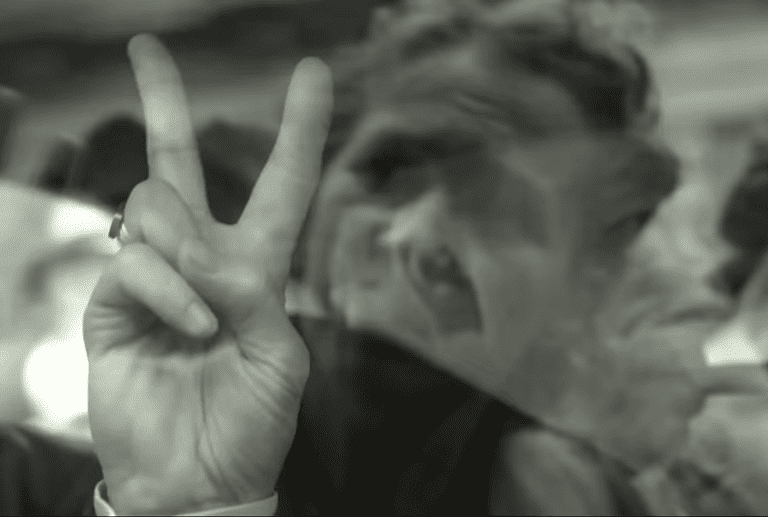
Darkest Hour is the only second-best movie made about the Miracle of Dunkirk this year. But it’s still pretty great.
This historical drama doesn’t have the sleight-of-hand timeline or pounding soundtrack of Christopher Nolan’s World War II film, Dunkirk. What it does have is tons of drama (endemic to the historical narrative), soaring writing (often supplied by the movie’s real-life inspiration) and a superlative performance by Gary Oldman—the odds-on favorite to win an Oscar for Best Actor.
And while it contains only the briefest of nods to Christianity, this is, unquestionably, a movie about faith: Faith in following the right path, no matter the cost.
Oldman’s Winston Churchill stands at the center of Darkest Hour, and the title tells it all. Churchill came to power when Britain stood almost alone against Adolph Hitler and his Axis powers: Germany had conquered most of Europe in that spring of 1940, Stalin and Hitler were pretty chummy and the United States was staying officially, stubbornly neutral. Churchill’s island nation found itself in a desperate spot.
But Darkest Hour tells us that Churchill’s position was, in many ways, no less desperate. In his long political history, he’d collected enemies like a 6-year-old gathers dandelions. His record, someone says, was that of “unmitigated catastrophe.” He supported the use of mustard gas. He opposed Indian nationalism. The movie repeatedly invokes “Gallipoli,” referencing a World War I-era plan hatched by Churchill (then First Lord of the Admiralty) against the Ottoman Empire—one which ended in disaster and netted 250,000 allied casualties.
Britain’s King George VI says of Churchill that “even a broken clock is right twice a day.” But Churchill becomes prime minister because he was right about one thing: the threat posed by Hitler. He’d been sounding the warning bell over the rise of Fascism since 1930—warnings that other politicians first ignored, then rejected in favor of appeasement.
But when the policy of appeasement fails spectacularly and Churchill was finally elevated to Britain’s highest political seat, some believed it might be too little, too late. He suggests himself that he’s been made captain of a sinking ship.













